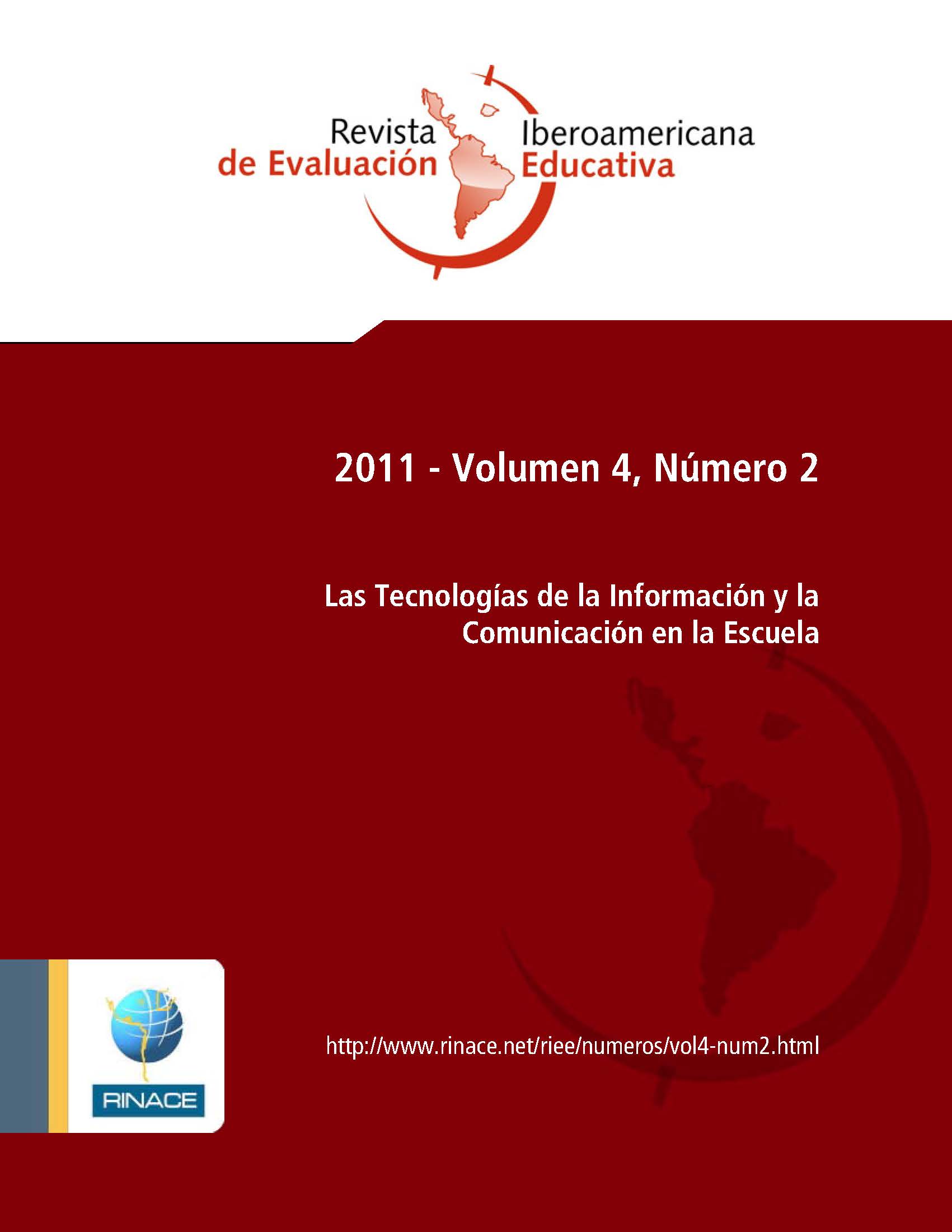Un Indicador de Aprendizaje No-Lineal para EaD Online Fundamentado en el Modelo de Evaluación denominado Learning Vectors (LV)
Derechos de autor 2016 Revista Iberoamericana de Evaluación Educativa

Esta obra está bajo una licencia internacional Creative Commons Reconocimiento-NoComercial-SinObraDerivada 3.0.
Resumen
Este trabajo presenta un indicador de aprendizaje fundamentado en métricas no-lineales (Factor ?) oriundo de un modelo de soporte y gerencia a la evaluación en Ambientes Virtuales de Aprendizaje (AVA) denominado Learning Vectors (LV). El desarrollo de los LV envuelve el concepto de vector y se vale de sus componentes bidimensionales para asociar el cuantitativo y el cualitativo de aprendizaje al establecer medidas de juicio de valor a las actividades colaborativas e individuales desarrolladas por medio de las herramientas de interacción disponibles en los AVA. La metodología fundamentada en la interacción y en la mediación por iconos es complementada por un coeficiente quali-cuantitativo denominado Factor ?, que semejantemente al modelo psicológico-matemático Meta Learning, búsqueda en la dinámica no-lineal y en variables críticas bipolares, como Positividad/Negatividad (Tasa P/N), asociar el desempeño del alumno relativamente a su participación en el conjunto de actividades. El modelo propuesto, implementado como una extensión de las herramientas síncronas y asíncronicas del Moodle confiere al Profesor/Tutor un recurso cualitativo para acompañar, evaluar y mediar el proceso enseñanza-aprendizaje.
Palabras clave: Ambientes Virtuales de Aprendizaje, evaluación formativa, modelo de Meta-aprendizaje, métricas no lineales, modelo de Learning Vectors.
This paper presents a supporting model and management and assessment in virtual learning environments (VLE). It discusses the methodology and technology solution, since its conception, modeling and implementation. Its development involves the concept of vector and takes advantage of its two-dimensional components to assign quality and quantity of learning on establishing measures of value judgments to the individual and collaborative activities developed through the interaction tools available in VLE. Its action also extends to monitoring the activities and the classroom management of student’s attendance. The methodology based on interaction and mediation by icons is complemented by a qualitative and quantitative coefficient called Factor ?. Based on nonlinear dynamics model of psychological and mathematical Meta Learning, which relates the bipolar critical variables. Factor ? sought in the positive/negative variable (Rate P/N) involving the student’s performance for his/her participation in all activities. The proposed model, called Learning Vectors (LV), gives the Tutor a qualitative feature to mediate the teaching-learning process in courses that make use of VLE. This model was implemented as an extension of synchronous and asynchronous tools in Moodle the model was evaluated in its real context of use when applied to UAB students. The results of its use were analyzed revealing the user’s satisfaction regarding to the applicability of the LV and its potential to assist the activities of academic control, as it enables the automation of the entire process of releasing the school grades and presented properly to the specific course.
Keywords: Virtual Learning Environments, Formative assessment, Meta Learning Model, Non-linear metrics, Learning Vectors Tool.
